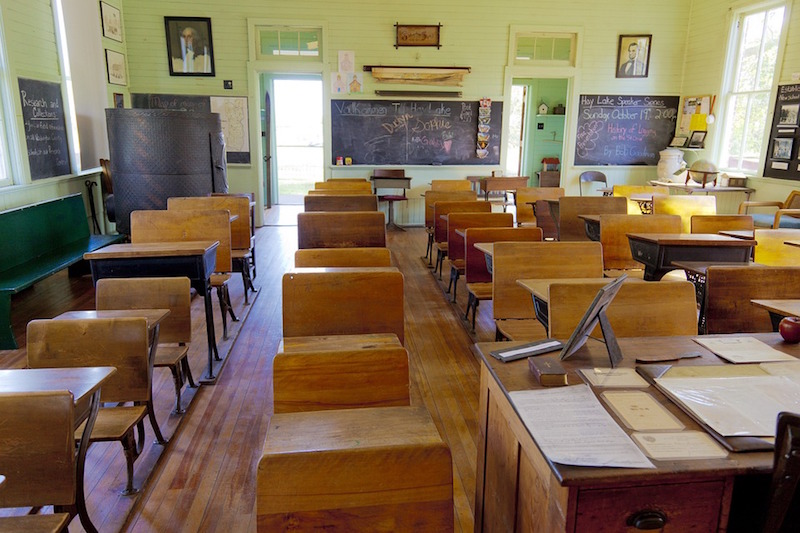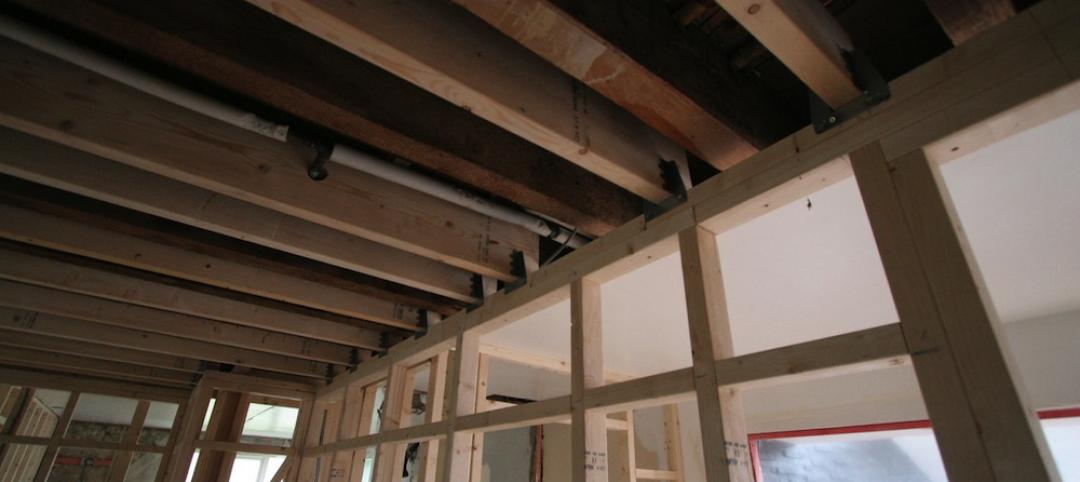The U.S. Department of Energy recently launched the zero energy schools accelerator, an effort to develop cost-competitive zero energy school design.
Six school districts, two states, and several national organizations are working collaboratively on the effort. DOE defines a zero energy building as “an energy-efficient building, where on a source energy basis, the actual delivered energy is less than or equal to the onsite renewable exported energy.”
The program’s goal is to quickly make Zero Energy K-12 schools more mainstream. Participating school districts commit to developing their own zero energy plans for a district project within a year. They can also engage with fellow states and school districts, and gain support from regional and national organizations.
Officials kicked off the program at a school in Arlington, Va., that features advanced next generation energy efficiency and renewable power features, including solar rooftop and geothermal heating and cooling systems. Zero Energy schools have the potential to save 65%-to-80% in energy consumption, depending on climate the zone, DoE says.
Related Stories
School Construction | Mar 28, 2016
National report on school buildings reports $46 billion annual funding shortfall
Millions of students said to be learning in obsolete facilities.
Codes and Standards | Mar 25, 2016
ASHRAE grants fund human thermal comfort database project
Aim is to help better understand thermal comfort in residential and commercial buildings.
Codes and Standards | Mar 25, 2016
OSHA finalizes new silica dust regulations
Construction industry has until June 2017 to comply.
Wood | Mar 23, 2016
APA updates Engineered Wood Construction Guide
Provides recommendations on engineered wood construction systems.
Codes and Standards | Mar 23, 2016
Affordable housing advocates differ on micro-apartment policy
New York’s luxury micro units could be first step to developing affordable units.
Codes and Standards | Mar 21, 2016
GRESB launches Health and Well-being Module for real estate industry
Optional supplement to environmental, social, and governance assessment.
Codes and Standards | Mar 4, 2016
U.S. Supreme Court lets San Jose affordable housing law stand
Law attempts to alleviate Silicon Valley’s high housing costs.
Codes and Standards | Mar 2, 2016
WELL standard offers multiple benefits for owners, says real estate executive
Could be a recruiting tool for occupant companies.
Cultural Facilities | Mar 1, 2016
China bans ‘weird’ public architecture, gated communities
Directs designers of public buildings to focus on functionality.
Energy Efficiency | Feb 23, 2016
Economists, energy efficiency practitioners need to work together for better cost/benefit studies
Flawed energy efficiency research yields misleading, confusing results.

















